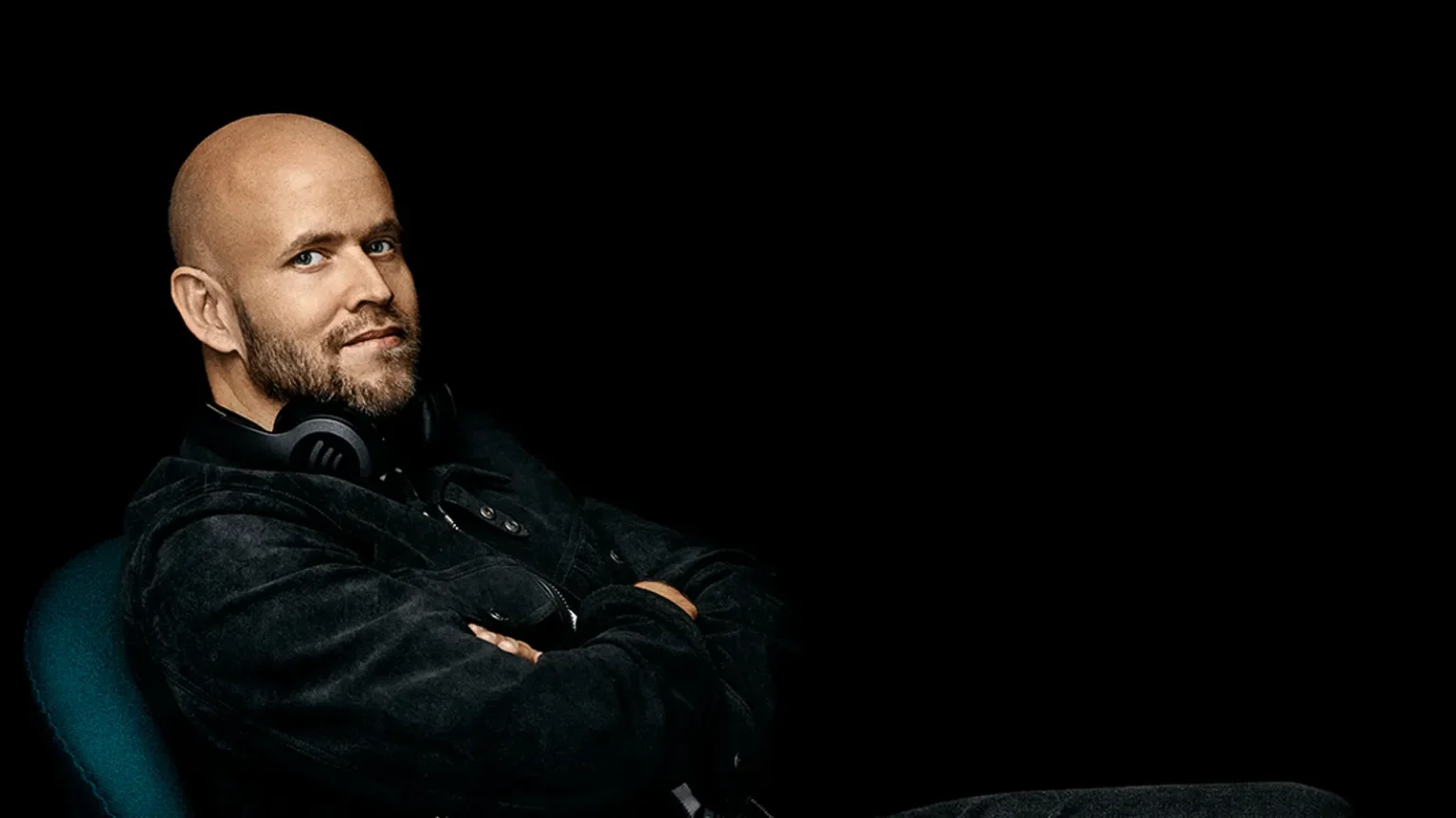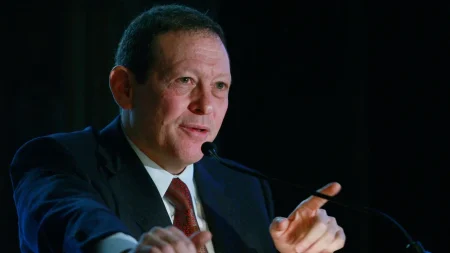Daniel Ek’s Spotify Journey: From Founder to Executive Chairman
In a significant leadership transition, Daniel Ek, the 42-year-old cofounder of Spotify, will step down as CEO on January 1, 2026, after nearly two decades at the helm. The streaming giant has announced that current presidents Alex Norström and Gustav Söderström will be elevated to co-CEOs, while Ek will assume the role of executive chairman. “I’ve spent twenty years, nearly my entire adult life, as Spotify’s CEO,” Ek reflects. “I’m ready to go from a player to a coach.” This transition has been carefully orchestrated over years, with Norström and Söderström being promoted to co-presidents in 2023 to prepare them for greater leadership responsibilities. Ek will continue to guide the company’s long-term strategy and key investments, emphasizing that while he’ll remain involved in major decisions, “they are going to run the company, they are the CEOs, they’ll make the decisions.”
Ek’s departure comes at a time of remarkable success for Spotify. The company’s shares have doubled in value over the past year, far outpacing the broader market, with its market capitalization exceeding $150 billion. This success has propelled Ek’s personal fortune to an estimated $10.3 billion—an extraordinary achievement for someone who dropped out of college and grew up in a modest Stockholm neighborhood. Under his leadership, Spotify has transformed into a global audio powerhouse, offering approximately 100 million songs to nearly 700 million active users, including 276 million paying subscribers. In 2024, the company’s revenue reached $18.36 billion, marking a dramatic growth trajectory since its founding in 2006.
Perhaps Ek’s most significant achievement has been Spotify’s role in revitalizing the music industry. When illegal piracy was devastating record sales in the early 2000s, the industry’s revenue had plummeted by 40% to around $15 billion by 2011. Today, thanks largely to streaming platforms like Spotify, annual recording sales have rebounded to nearly $30 billion, with streaming accounting for $20 billion of that total. Spotify has created a sustainable revenue model that benefits both consumers and artists, consistently paying out 70% of its revenue to musicians and rights holders—amounting to $10 billion in 2024 alone. The company’s 2018 direct listing on the stock market was another innovation, bypassing traditional investment bankers and allowing supply and demand to set the initial price. Since then, Spotify’s shares have surged by 350%.
The incoming co-CEOs bring complementary strengths to their new roles. Norström, who has focused on business, marketing, and content during his decade-plus tenure at Spotify, has ambitious growth plans: “We have now hit 3% of the world’s population subscribing to Spotify. It’s not so unimaginable to think that we could have 10%, 15% of the world’s population subscribing.” Söderström, an engineer by training who has overseen technology and product development, sees artificial intelligence as a transformative force in music consumption, comparing its potential impact to the shift to smartphones. Both executives joined Spotify after working at several startups and have been instrumental in the company’s expansion beyond music into podcasts, audiobooks, and educational content—areas where Spotify has invested hundreds of millions to acquire talent and production capabilities.
While Ek is transitioning away from daily operations at Spotify, he is increasingly focusing on other entrepreneurial ventures. In 2021, he launched Prima Materia, a $1 billion investment holding company targeting high-risk, high-reward technologies that traditional venture capital might avoid due to timeline or industry constraints. One of his first major investments was Neko, a health screening startup that spent seven years developing hardware to quickly test for skin cancer and heart disease. After raising $260 million in a Series B round in early 2025, Neko reached a valuation of $1.8 billion, becoming Ek’s second unicorn startup after Spotify. Perhaps more controversially, Ek has also invested in defense technology, serving as chairman of Helsing, a German startup that has evolved from software analyzing military data to developing AI-powered military drones and submarines. In July 2025, Prima Materia led a €600 million investment round in Helsing, which is now involved in defending Ukraine—a move that prompted some artists to threaten to remove their music from Spotify.
Ek’s journey from college dropout to music industry titan reflects his unconventional approach to business and life. After selling his first software creation for $2 million as a young man, he briefly indulged in luxury purchases—a Ferrari, a downtown Stockholm apartment, VIP nightclub service—before realizing they brought him no happiness. He retreated to a cabin to reflect on his purpose, eventually meeting Martin Lorentzon, who would become his Spotify cofounder. Together, they sought to fix the broken music industry by creating a service that offered a better experience than piracy while providing sustainable revenue for artists. As Ek prepares for his next chapter, his philosophy remains unchanged: “I started Spotify not because I thought the music industry was a great business, but because I wanted to solve a problem. Solving problems is my life’s hobby. And the good news or bad news—whichever way you want to put it—is there’s plenty of problems around the world to focus on.”











